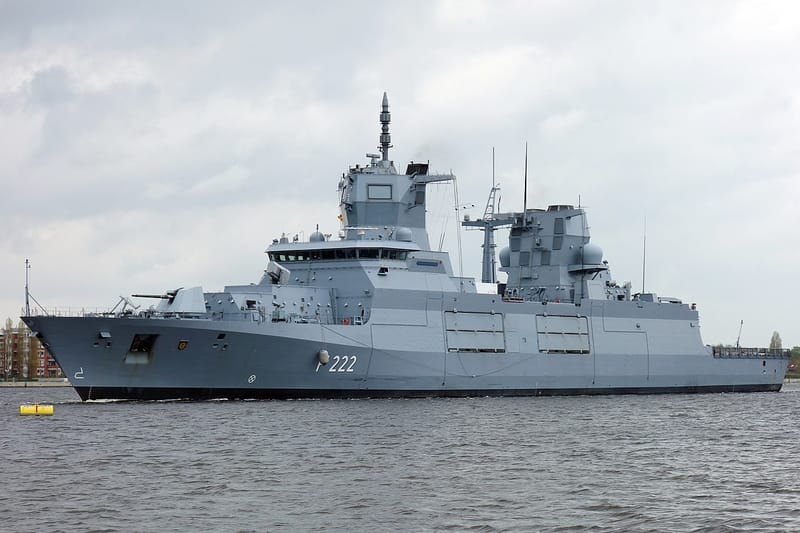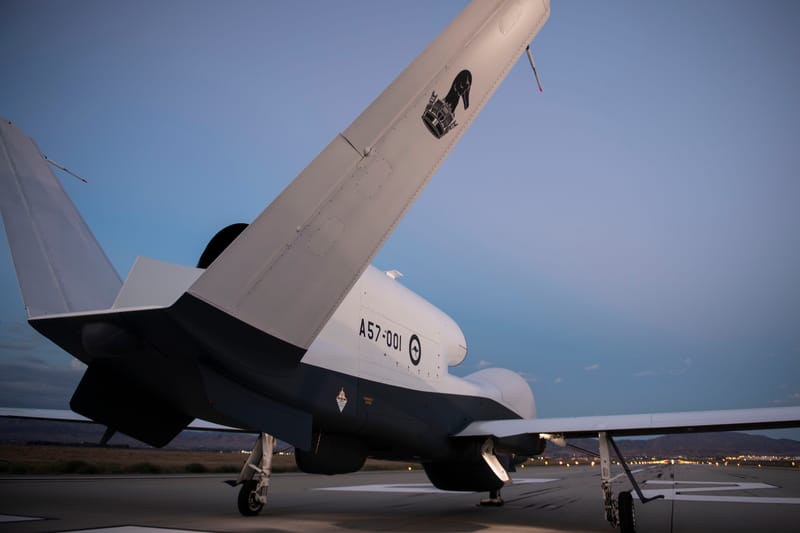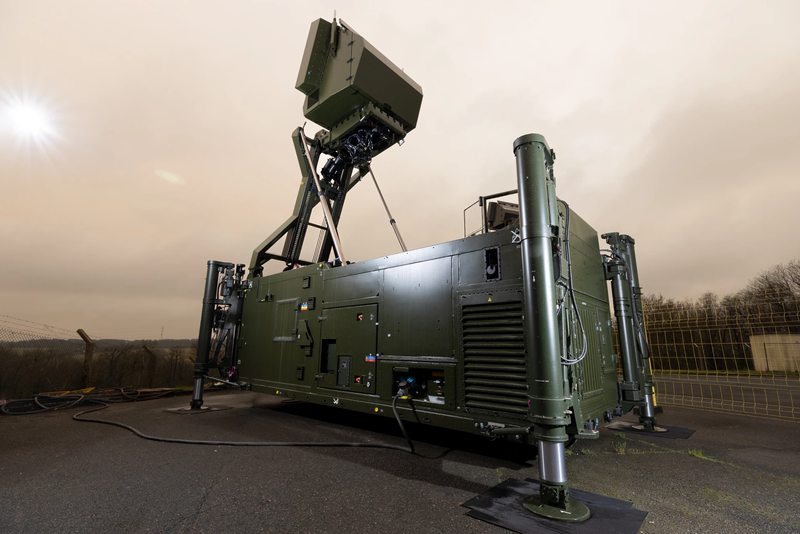Germany’s South Caucasus Engagement: EU Support for Armenia in the Shadow of Nagorno-Karabakh
Berlin reaffirms backing for Armenia’s EU ambitions during Steinmeier’s Yerevan visit, while urging reforms and a durable peace with Azerbaijan—amid uncertainty over post-conflict settlement in the South Caucasus.

Berlin, April 2025 – On a state visit to Armenia from 30 March to 2 April, German President Frank-Walter Steinmeier reaffirmed Berlin’s support for Armenia’s European Union integration efforts, as first reported by Frankfurter Allgemeine Zeitung. At a joint press conference with Armenian President Vahagn Khachaturyan, Steinmeier emphasized the need for substantive reforms to advance Yerevan’s EU candidacy and called for renewed momentum in resolving the protracted Armenia–Azerbaijan conflict.
This diplomatic gesture signals a continuation of Germany's cautious but increasing involvement in the South Caucasus — a region where overlapping Russian, Turkish, Iranian, and Western interests create complex geopolitical entanglements. Germany’s expression of support must be understood in the context of broader European security dynamics, particularly against the backdrop of the shifting post-2022 Eurasian security order.
Strategic Implications: Germany in the South Caucasus
Steinmeier’s visit comes as Armenia recalibrates its foreign policy orientation. In the wake of diminished Russian security guarantees and Moscow’s distraction with Ukraine, Yerevan has signaled openness to closer defense and economic cooperation with the West. Germany’s diplomatic engagement aligns with EU ambitions to stabilize and integrate border regions through soft power, regulatory alignment, and security assistance.
However, Armenia’s potential rapprochement with the EU poses immediate regional friction points. Azerbaijan, bolstered by military cooperation with Turkey and continued arms investments, may interpret German engagement as geopolitical signaling. Despite Steinmeier’s call for both Armenia and Azerbaijan to “set an example for the rest of the world by ending a conflict with a peace agreement,” neither side has demonstrated readiness to finalize a durable peace deal since the 2020 Nagorno-Karabakh war and Azerbaijan’s 2023 military operation that recaptured the contested territory.
German Defense Posture and Diplomatic Balancing
Germany’s increased diplomatic visibility in Armenia adds to a pattern of more assertive foreign policy positioning. As outlined in Germany’s Accelerated Military Procurement, Berlin has shifted from a reactive defense posture to proactive regional engagement. This includes engagement in NATO's eastern flank, military modernization, and increased parliamentary scrutiny of defense expenditures.
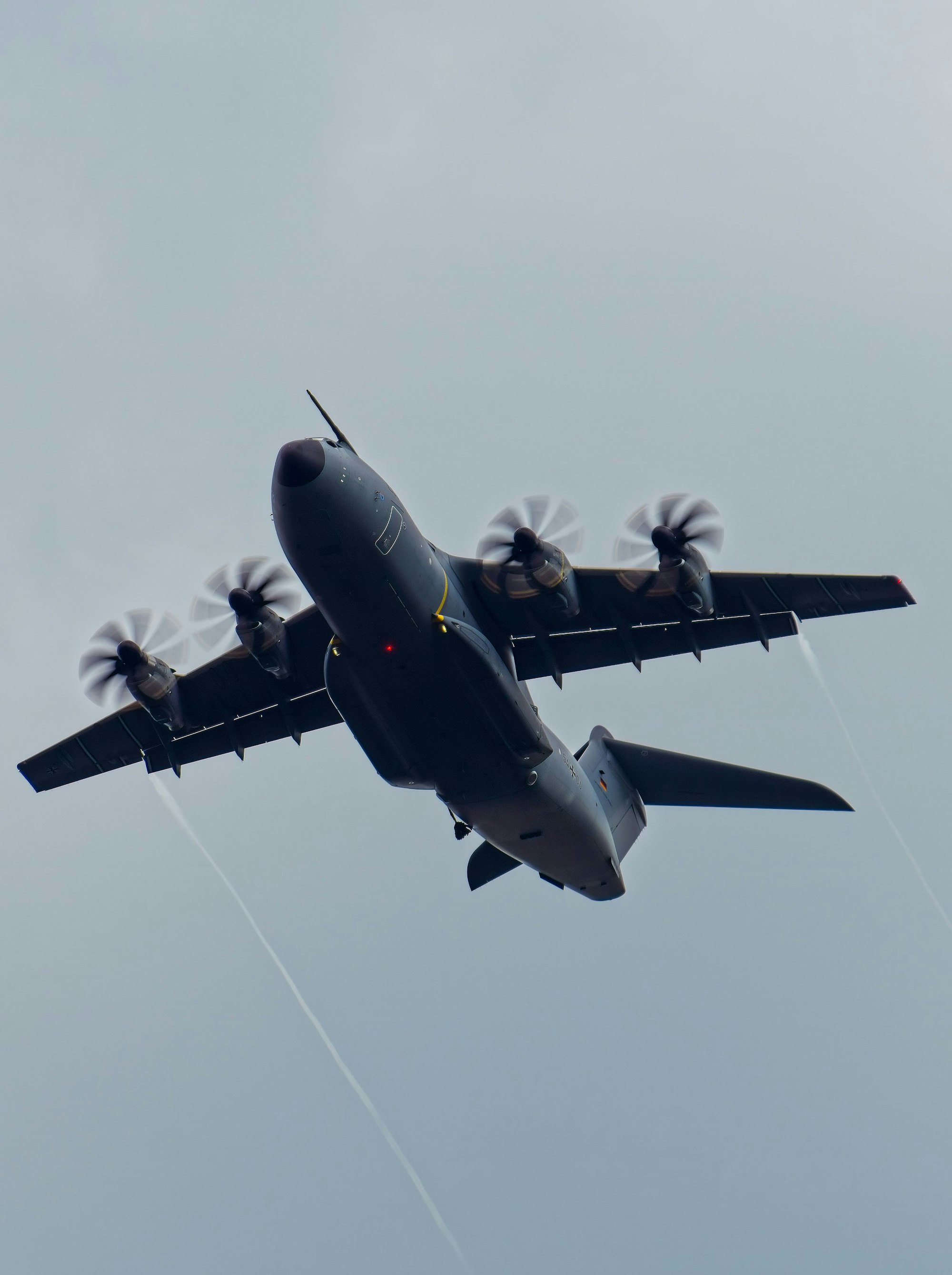
Similar balancing efforts can be seen in Germany’s reassessment of U.S. weapon systems and transatlantic dependencies, where sovereignty and interoperability concerns increasingly influence policy decisions.
Germany’s support for Armenia must therefore be seen within a nuanced calculus — a desire to uphold European norms, provide incentives for political reform, and contain Russian and Turkish influence without directly antagonizing regional powers.
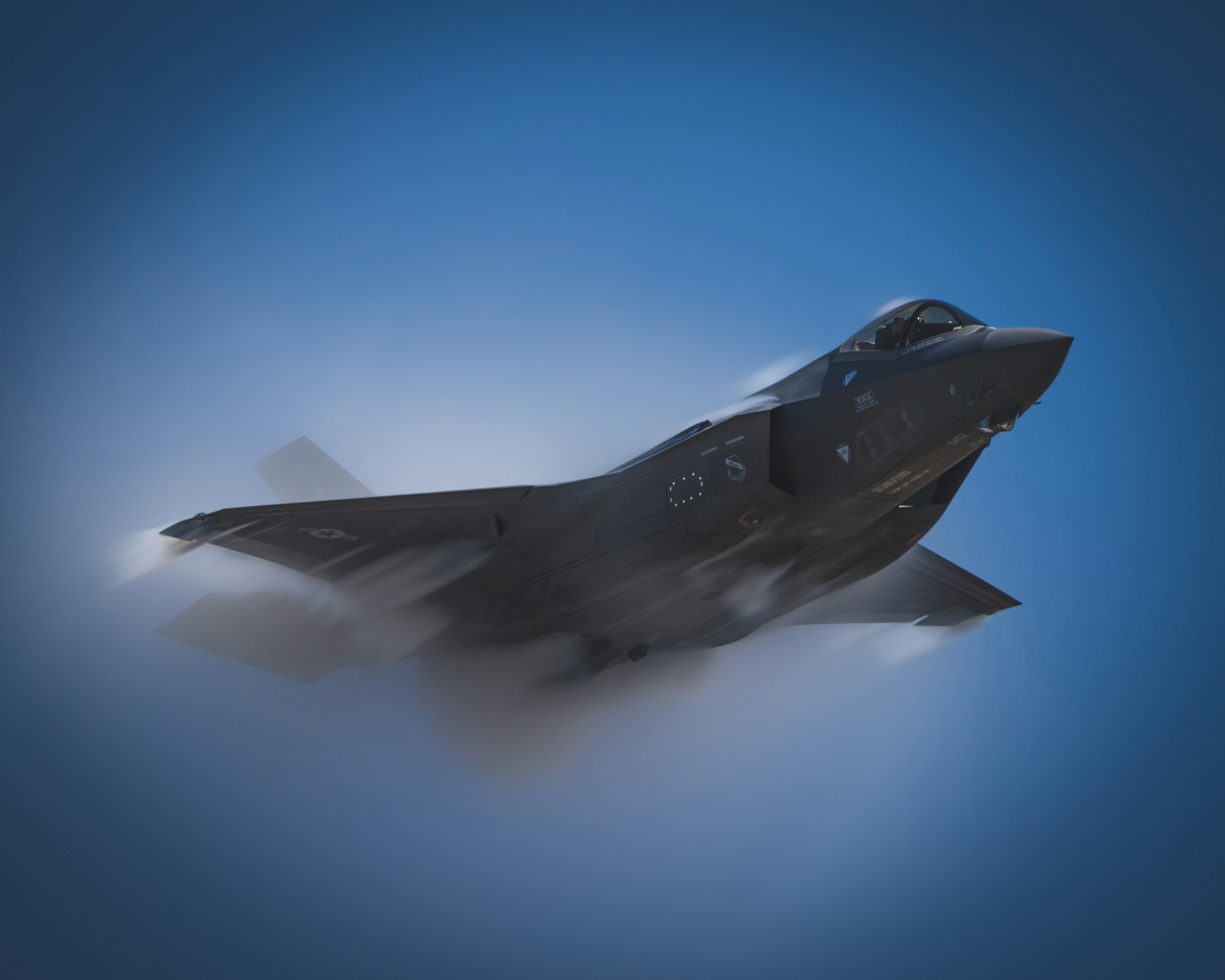
EU Policy Alignment and Conditionality
Steinmeier’s remarks also reflect standard EU policy: alignment is welcome, but not without adherence to the rule of law, democratic norms, and structural reforms. Armenia’s internal politics — including concerns over judicial independence, corruption, and media freedom — will remain key factors in how fast and far EU integration progresses.
Brussels' cautious but open approach is mirrored in similar scenarios across the EU’s neighborhood, including Georgia’s volatile EU integration trajectory. For background on parallel dynamics in the Eastern Partnership region, see Georgia: Mass Protests Over EU Integration, where reform conditionality remains politically explosive.
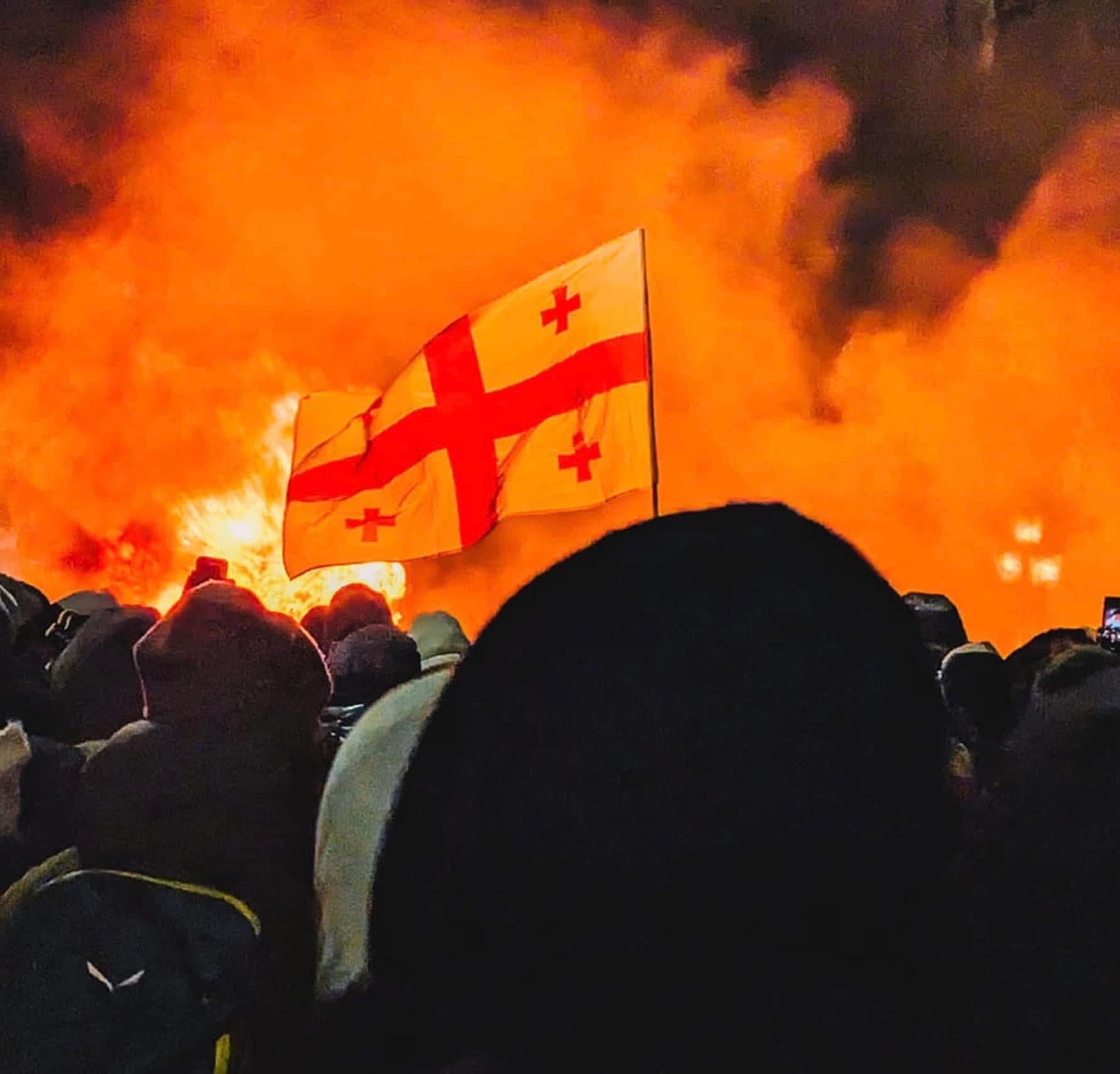
Regional Security Risks and External Leverage
The unresolved status of Armenian-Azerbaijani relations continues to pose a significant flashpoint. Germany’s call for a peace agreement — while diplomatically prudent — also highlights the limitations of soft power in regions marked by recent warfare and unresolved grievances. There is no clear pathway toward demilitarization or reconciliation absent credible external security guarantees — which the EU is neither institutionally structured nor politically unified enough to provide.
The region’s proximity to key energy corridors and the Black Sea maritime access reinforces its strategic relevance. Recent tensions along the Armenia-Iran border and growing Turkish defense exports to Baku add further complexity. Similar geopolitical linkages can be observed in our piece on Iran and Belarus’ expanding defense cooperation, which reflects new axes of collaboration beyond the traditional NATO-Russia binary.
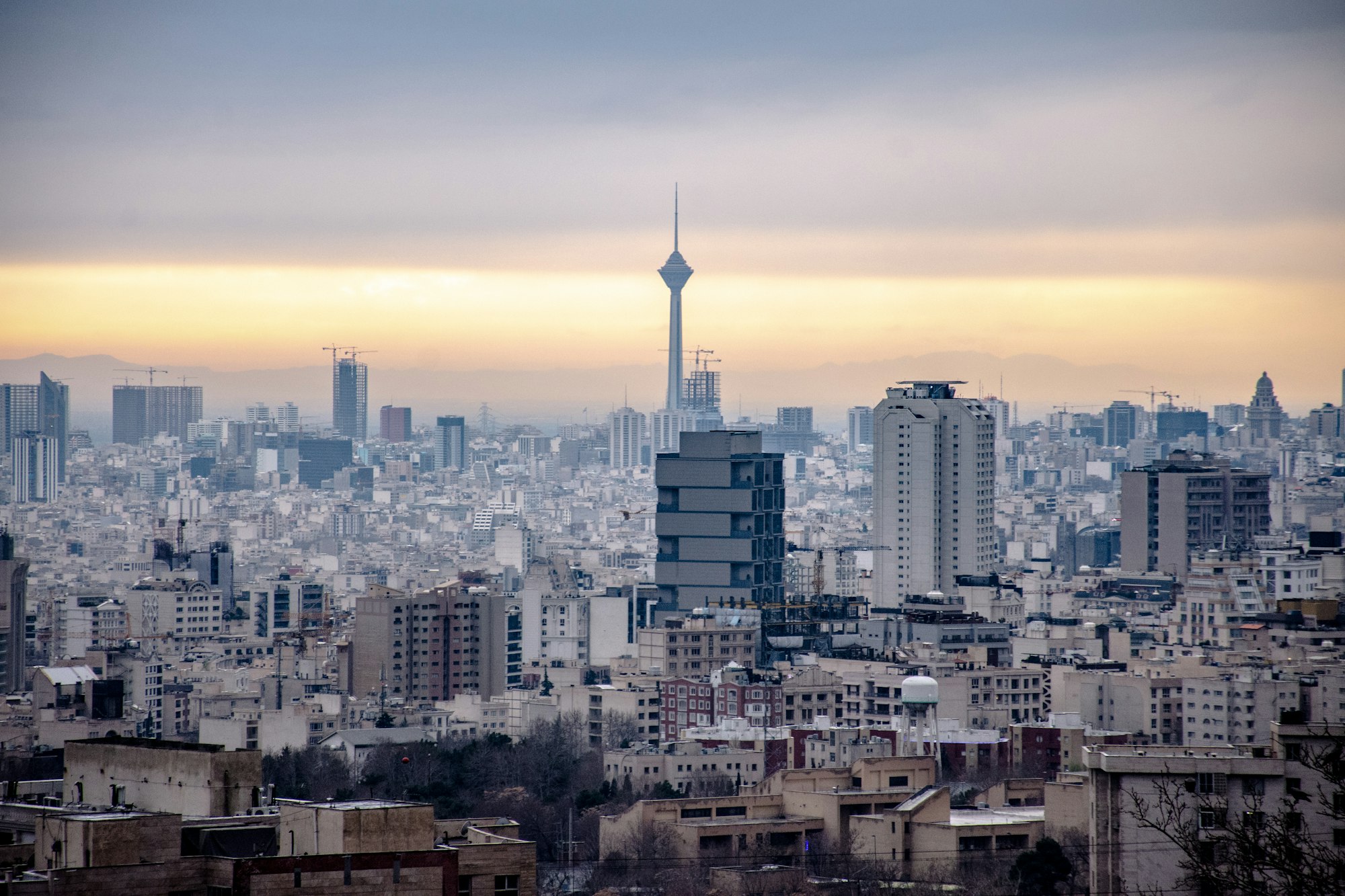
These factors intersect most critically in the unresolved legacy of Nagorno-Karabakh. The unresolved status of Nagorno-Karabakh, now fully reintegrated into Azerbaijan but with significant displacement and unresolved legal-political status for ethnic Armenians, remains central to Armenian security thinking. For Berlin, the issue underscores the limits of declarative diplomacy and EU conditionality in post-war zones where on-the-ground realities remain volatile. Any meaningful EU rapprochement process will need to contend with this shadow — not only diplomatically, but in the calculus of long-term regional stability.
Outlook: Germany’s Role in a Fragmented Regional Order
While Steinmeier’s visit does not mark a definitive pivot in German foreign policy, it illustrates a growing willingness to operate in non-traditional theaters. The combination of diplomatic engagement, development support, and conditional EU accession pathways reflects a broader effort to project influence while avoiding direct military entanglement.
Yet, Germany’s ability to act as a neutral arbiter is constrained by its EU leadership role, its NATO commitments, and internal political fragmentation — a dynamic explored further in Germany’s Post-Merkel Defense Priorities.
Whether Berlin can maintain this diplomatic balance in the South Caucasus — or if it will be drawn into more overt geopolitical contestation — remains an open question.
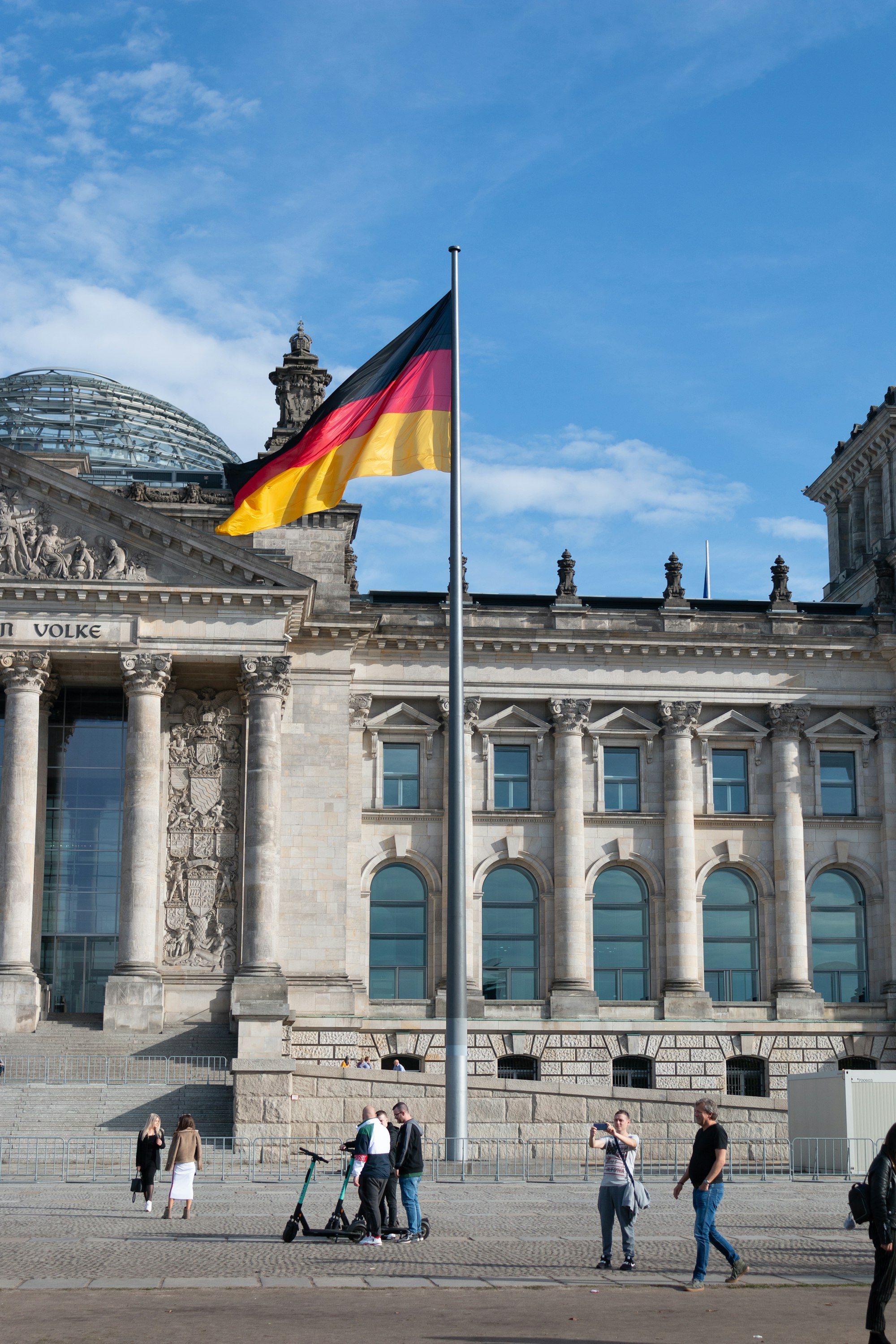
Further Reading on Grosswald:
- Finland firm on Ukraine’s sovereignty – Rejection of German neutrality propositions – a snapshot of intra-EU divergences on foreign policy assertiveness.
- The Suwałki Gap and Kaliningrad: NATO’s Breaking Point – highlights the defense implications of border instability for the broader NATO periphery.
- Germany’s Arctic Strategy: New Frontiers in Strategic Posture – another example of Germany testing its strategic bandwidth in emerging theaters.
Editor’s Note: This article is part of Grosswald’s curated geopolitical intelligence series. For situational updates and defense posture analysis, follow our dedicated NATO-EU dossiers.








